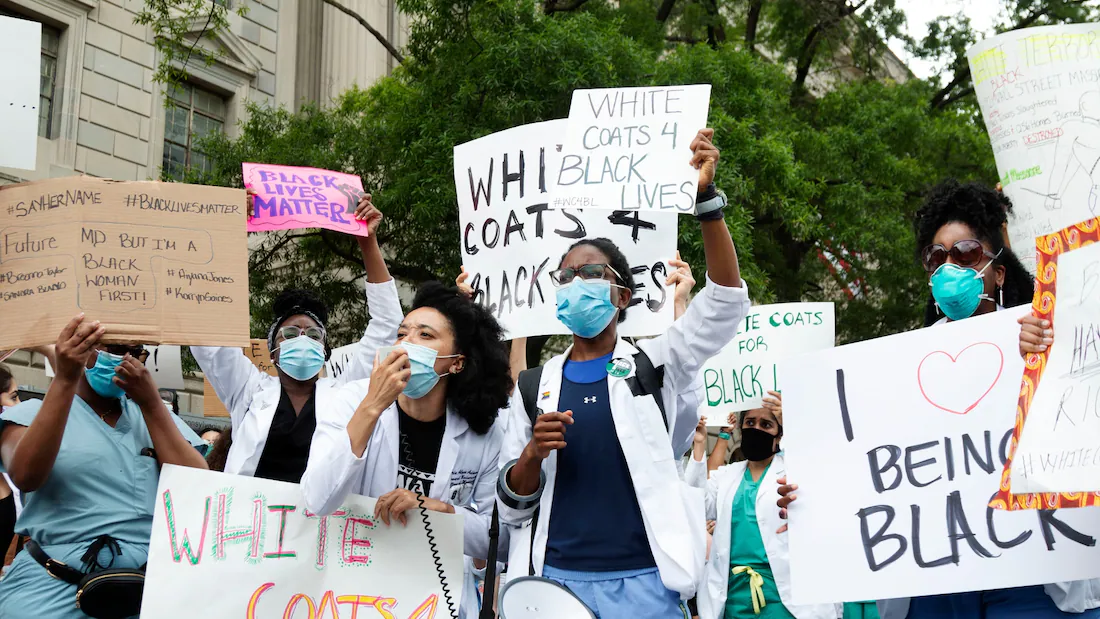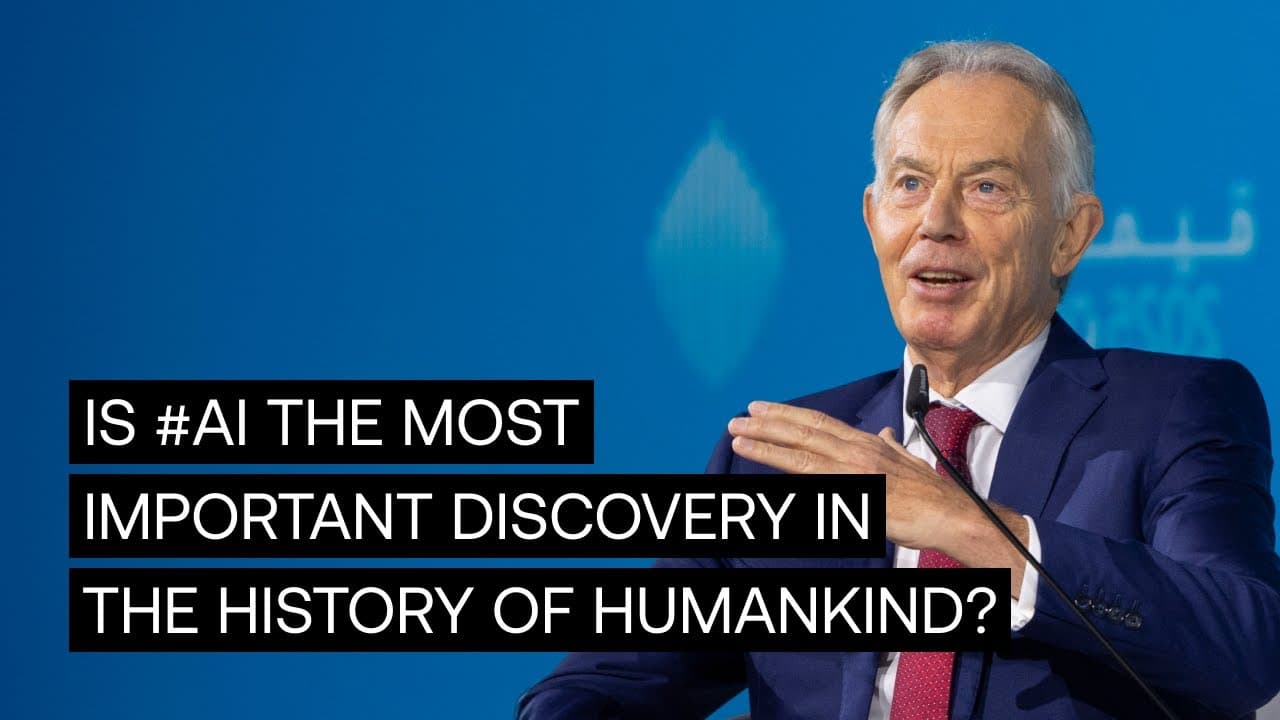Landmark Surgery Raises Critical Questions
In a groundbreaking move, the King Faisal Specialist Hospital & Research Centre (KFSHRC) has successfully performed the world’s first liver transplant aimed at curing a rare blood disorder. This monumental achievement, celebrated for its medical innovation, simultaneously ignites urgent ethical discussions surrounding organ transplantation practices and healthcare equity worldwide.
Healthcare Access Remains Unequal
While this operation marks a significant medical milestone, it sheds light on the glaring disparities in healthcare access. According to recent research, healthcare policies vary widely across regions, leading to unequal access to lifesaving procedures such as liver transplants. The success of KFSHRC"s operation may not be replicated in lower-income countries where healthcare systems are underfunded and overburdened.

Health-care workers in white coats join D.C. protests
Ethical Dilemmas in Organ Donation
The ethical implications of liver transplantation cannot be understated. As highlighted in a comprehensive study on organ donation ethics, the definition of a deceased donor and the potential exploitation of living donors are critical issues facing the field today. The emergence of living donor liver donations complicates the ethical landscape, often leading to potential coercion and inequities that disproportionately affect marginalized communities. Ethical frameworks must evolve to address these challenges and ensure that vulnerable populations are not exploited in the name of medical advancement.
Survival Rates and Healthcare Policy
The 5-year survival rates for liver transplants have improved significantly, now exceeding 70%, as noted in various studies on transplantation outcomes. Yet, these statistics mask the underlying complexities of healthcare policy that dictate who receives access to such innovative treatments. As reported by historical data, the evolution of liver transplantation in the United States has been characterized by advanced surgical techniques and improved post-operative care, but the same cannot be said for many other regions grappling with systemic healthcare inequities.

15th World Conference on Bioethics, Medical Ethics, and ...
Calls for Policy Reform
The recent surgery at KFSHRC must serve as a catalyst for policy reform aimed at equitable healthcare access. The current landscape requires urgent attention from policymakers to ensure that innovative medical procedures are available to all, not just those who can afford them. Policy reforms must target the root causes of inequity, which include socioeconomic factors, healthcare infrastructure, and public health education.
The Role of Community Health Initiatives
To bridge the gap in healthcare access, community health initiatives play a vital role. They can empower individuals with knowledge about liver health and preventative measures against rare blood disorders. By investing in local health education and outreach programs, we can foster a more informed public that understands the importance of organ donation and the ethical considerations surrounding it.
The future of liver transplantation and its ethical framework hinges on our ability to confront these challenges head-on. As we celebrate this medical achievement, we must also acknowledge the systemic issues that allow such advancements to be unevenly distributed. The urgency for a more equitable healthcare system has never been clearer.







![[Video] Gunfire between Iraqi security forces and Sadr militias in Baghdad](/_next/image?url=%2Fapi%2Fimage%2Fthumbnails%2Fthumbnail-1768343508874-4redb-thumbnail.jpg&w=3840&q=75)
